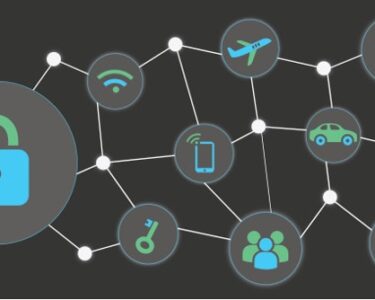
Mental Health Technology: Transforming Care for the Mind
Mental health disorders affect millions of people worldwide, impacting their quality of life, relationships, and overall well-being. Traditional treatment methods, while effective for many, can be expensive, time-consuming, and inaccessible for some. Mental health technology, however, is revolutionizing the field by offering innovative and accessible solutions that complement or enhance existing approaches.
Types of Mental Health Technology
Mental health technology encompasses a range of tools and platforms that leverage technology to address mental health concerns. These include:
- Virtual therapy: Online platforms connect patients with licensed therapists for video or text-based therapy sessions.
- Mobile apps: Smartphone apps provide self-help tools, such as mood tracking, mindfulness exercises, and cognitive behavioral therapy (CBT) programs.
- Wearable devices: Fitness trackers and other wearable devices can monitor sleep, heart rate, and activity levels, providing insights into mental health symptoms.
- Artificial intelligence (AI): AI-powered chatbots and virtual assistants offer support, crisis intervention, and personalized guidance.
Benefits of Mental Health Technology
Mental health technology offers numerous benefits, including:
- Increased accessibility: Online platforms and mobile apps make mental health care more accessible to people who face transportation barriers, stigma, or limited financial resources.
- Convenience: Virtual therapy and self-help apps provide flexibility and convenience, allowing patients to access support whenever and wherever they need it.
- Personalized care: AI-powered tools and wearable devices can tailor interventions to individual needs and preferences.
- Early detection and intervention: Wearable devices and AI chatbots can detect mental health symptoms early on, enabling prompt intervention and potentially preventing more severe conditions.
- Reduced stigma: Online and anonymous platforms can reduce stigma associated with mental health issues, encouraging people to seek help.
Challenges and Considerations
While mental health technology has immense potential, there are also challenges and considerations to address:
- Quality control: Ensuring the quality and effectiveness of virtual therapy and self-help apps can be a concern.
- Privacy and confidentiality: Protecting patient data and safeguarding confidentiality is paramount in online platforms.
- Digital divide: Access to technology and internet connectivity can create a digital divide, limiting the accessibility of mental health technology for certain populations.
- Complementarity: Mental health technology should complement, not replace, traditional treatment methods.
- Ethical concerns: AI-powered chatbots and other tools raise ethical questions regarding data ownership, bias, and the potential impact on human relationships.
Conclusion
Mental health technology is rapidly transforming the field, providing innovative and accessible solutions to address the mental health needs of millions of people worldwide. By leveraging the latest advancements in technology, we can improve access to care, enhance personalized interventions, and reduce stigma associated with mental health issues. However, it is crucial to address the challenges and considerations involved to ensure the ethical, effective, and equitable use of mental health technology. As this field continues to evolve, we can expect even more groundbreaking advancements that will further empower individuals and transform mental health care for the better.


